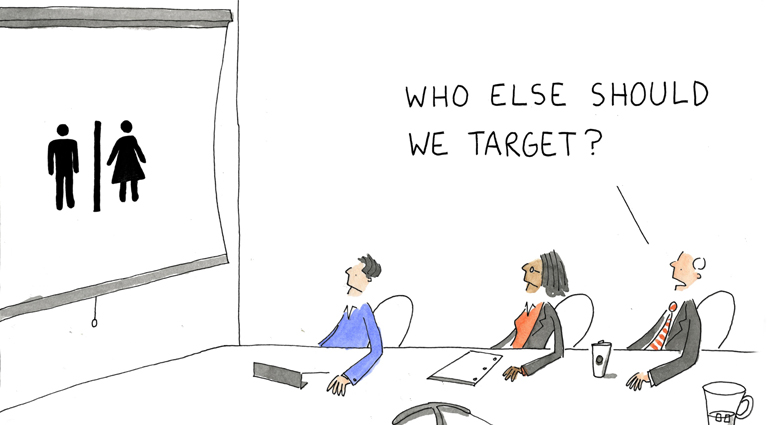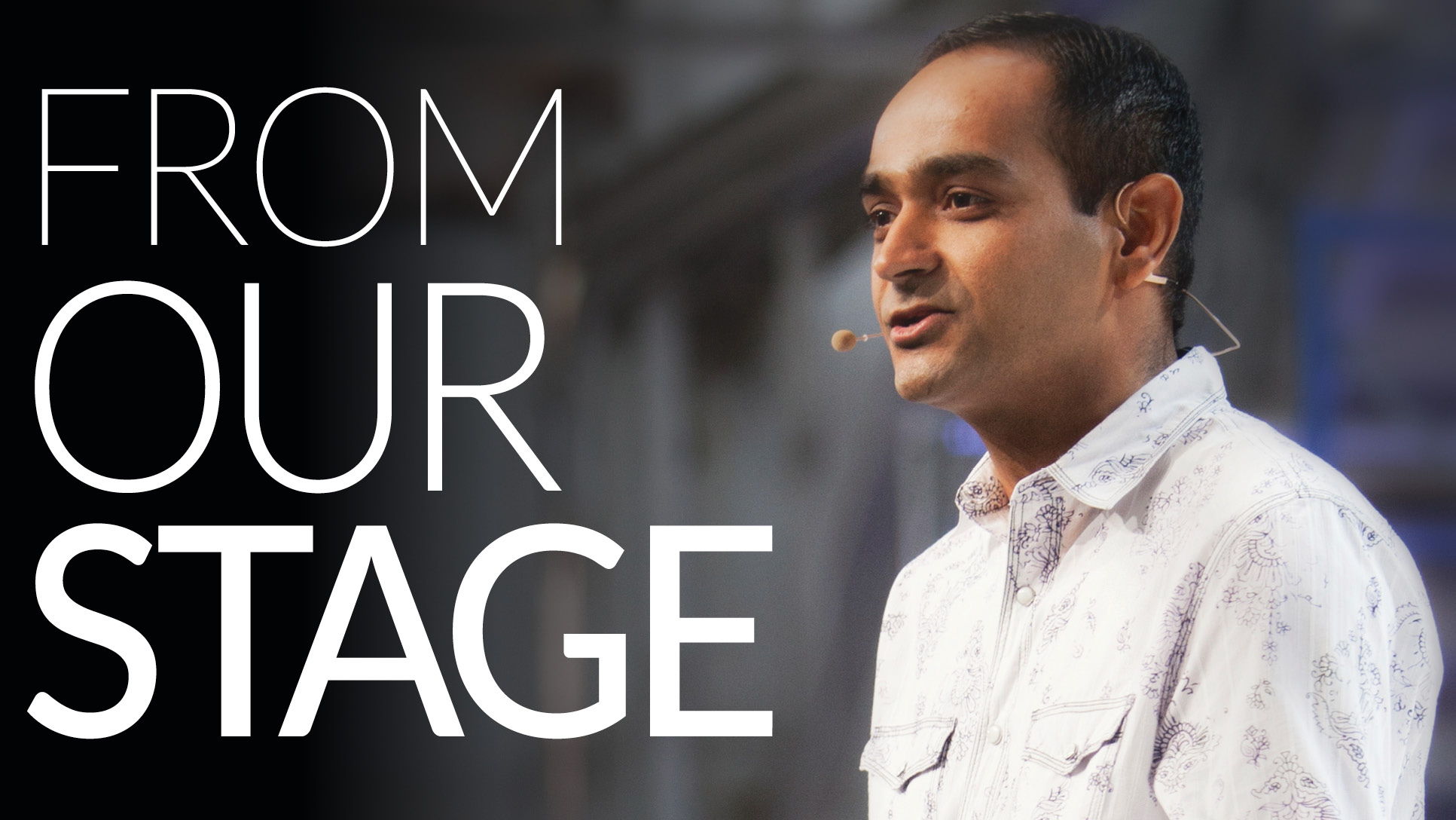Dr. Ijad Madisch kept getting ‘stuck’ in his experiments. Madisch, a Harvard-trained virologist with a PhD, wasn’t failing as much as sensing inefficiency. “For most scientific researchers, time has the highest value, and asking for help can save you lots of it,” he told me over tea in his office, a two-story loft-like space in East Berlin. “I always tried to network when I couldn’t get a problem solved,” recalled Ijad. “Instead of working four or five months to solve something, I’d try to find someone who understood it already and could explain it to me in a couple of hours.”
"In the social age, empathy and humility are new forms of currency."
Yet when he reached out to his colleagues for help—he was promptly chastised. Big-time scientists were supposed to project an image of supreme competence. There was no room for showing weakness. What science needed, Madisch suddenly realized, was a global community where the work could take precedence over ego. So he started one.
ResearchGate, envisioned as a social network for scientists, already has more than two million members from two hundred countries sharing more than eight hundred thousand papers. Turns out, scientists are often good communicators who are competitive, but also collaborative. And they are far less critical than Ijad had feared. “I expected negative things, with people saying, ‘Ah, you’re stupid.’ Instead it’s really helpful. People ask, ‘Did you try this? Did you try that?’ Scientists are generally good people who try to help.”
“Every small result is contributing to the big result,” Madisch said. His hope is to crowdsource a Nobel Prize where the winners scroll like credits at the end of a movie. At the very least he is helping to accelerate scientific discovery by getting millions of scientists out of their cubicles.
Innovators like Madisch already recognize a sea change that’s occuring. There is a shift toward traditionally ‘feminine’ traits and characteristics in the underlying structures that drive capitalism, public policy and society. In our new book, The Athena Doctrine, we surveyed thirteen countries from Mexico to Indonesia. And two thirds of people think the world would be a better place if men thought more like women. When pressed to articulate traits of exemplary modern leaders, ‘selflessness’, ‘patience’, ‘collaboration’ and ‘humility’ were highest correlated and also seen as ‘more feminine.’ (‘Pride’, ‘Aggressive’ and ‘Independent’ were the least correlated and most masculine.)
In the social age, empathy and humility are new forms of currency. Technology, the financial crisis and globalization mean we live in a world that’s increasingly open and interdependent. Millennial values are also a catalyst. But what really surprised us (Michael D’Antonio my co-author and I) is how the most innovative men and women were attacking intractable problems by being flexible, empathetic and collaborative. After completing the research, we spent two years traveling nearly four times around the globe to eighteen countries, interviewing world political leaders from Shimon Peres to Maria Damanaki – an EU Commissioner whose sympathy with the plight of unemployed fishermen resulted in a novel program to have them fish for plastic.
Placing a bounty on refuse was but one of many sensitive, yet creative solutions we encountered. We met executives, entrepreneurs, social activists, scientists, educators and city planners. We met Zoe Palmer in Hackney, who runs The Golden Company, where disadvantaged kids from east London teach Investment bankers about bee-keeping (and custodial behavior and connection to the poverty around them). The bankers were so impressed they installed a beehive on the top of the London Stock Exchange. We met Major General Orna Barbivai, the highest ranking woman in the Israeli Defense Force. When I asked her how she approached military strategy, she said as a ‘mother’. Engage first, and if provoked – attack. She piloted a program to have women man checkpoints, including two of her daughters.
In every country we found innovative men and women who are deploying empathy to great result. In Reykjavik, we met with constitutional committee members of Iceland’s new government, who repaired public trust by crowd-sourcing a new constitution. In Japan, Kohei Fukuzaki, a student explained to us how he created an Airbnb-like non-profit called Room Donor to help displaced families find shelter from the earthquake and Tsunami.
"Countries whose citizens think in a more feminine way have a higher per capital GDP."
In Peru’s capital city of Lima, issues of rape or domestic abuse are often placed on the backburner—or dismissed altogether. As director of Women’s House, Silvia Loli took a stand against injustice by creating an all-women’s police unit.
With perseverance, Loli forced reforms allowing women into the police ranks—and convinced lawmakers to approve legislation making domestic violence a serious offense. Through Women’s House, she operates counseling programs and legal aid clinics that are available to everyone. And as a byproduct of including women, she also reduced corruption in the police force by over thirty percent.
Silvia’s strides point out how society has imprinted a ludicrous notion that the way women think is somehow “less important”. And yet this is completely opposite to what is driving today’s growth and prosperity. We live in a sharing economy, one where value creation is increasingly based on services, which requires listening and understanding. In our data, countries whose citizens think in a more feminine way have a higher per capital GDP and higher quality of life. And 81% of people told us that man or woman, you need both masculine and feminine traits to thrive in today’s world.
It’s worth noting that we are both dads living in all-female households. We believe the best way to advocate for the rights of women and girls are for men to model their approach. Empathy, flexibility and kindness are traits we all possess and a new form of innovation. That 64,000 people around the world described them as ‘feminine’ speaks to the opportunity for all of us to deploy them for creativity and competitive advantage.





.png)



.jpg)
What Did You Think?